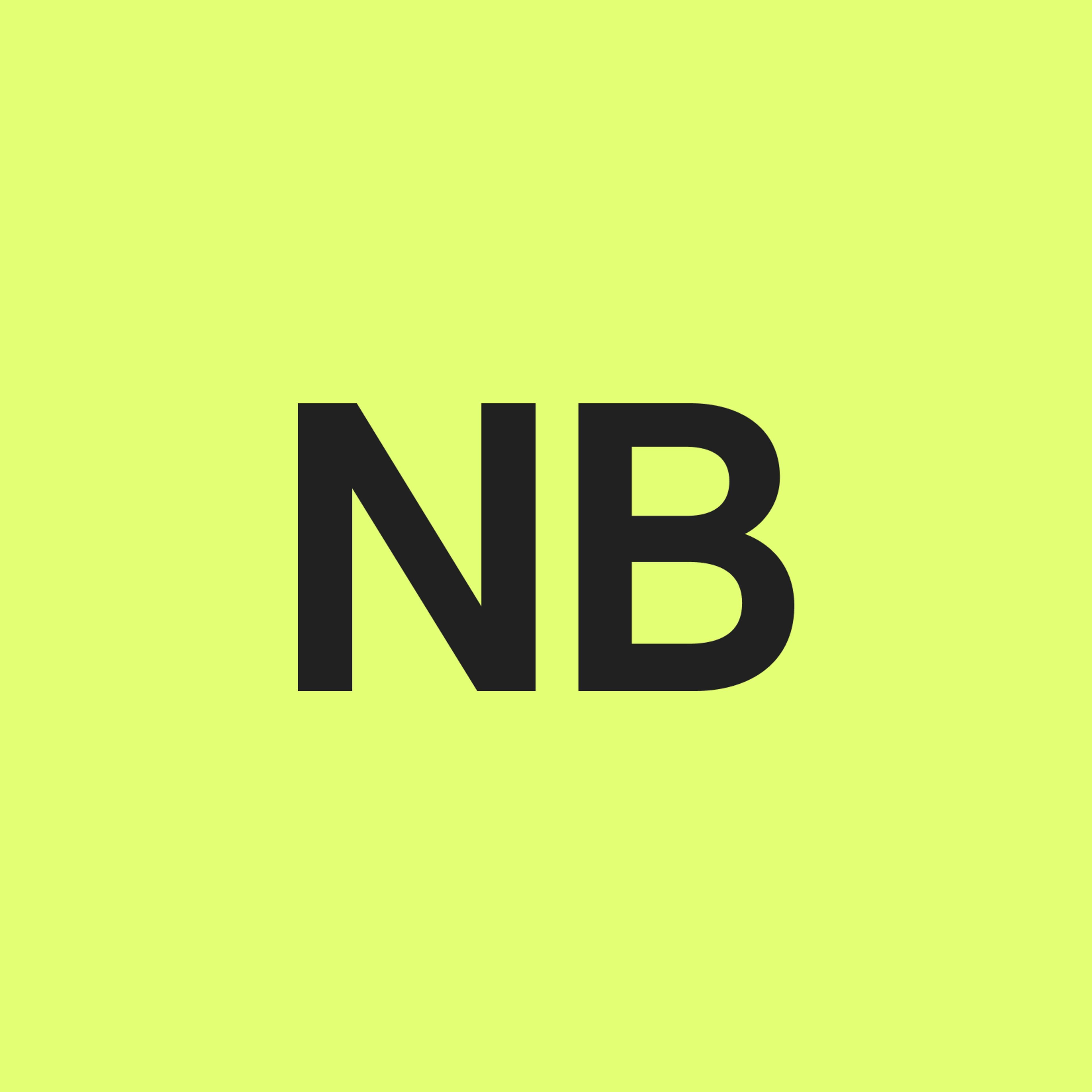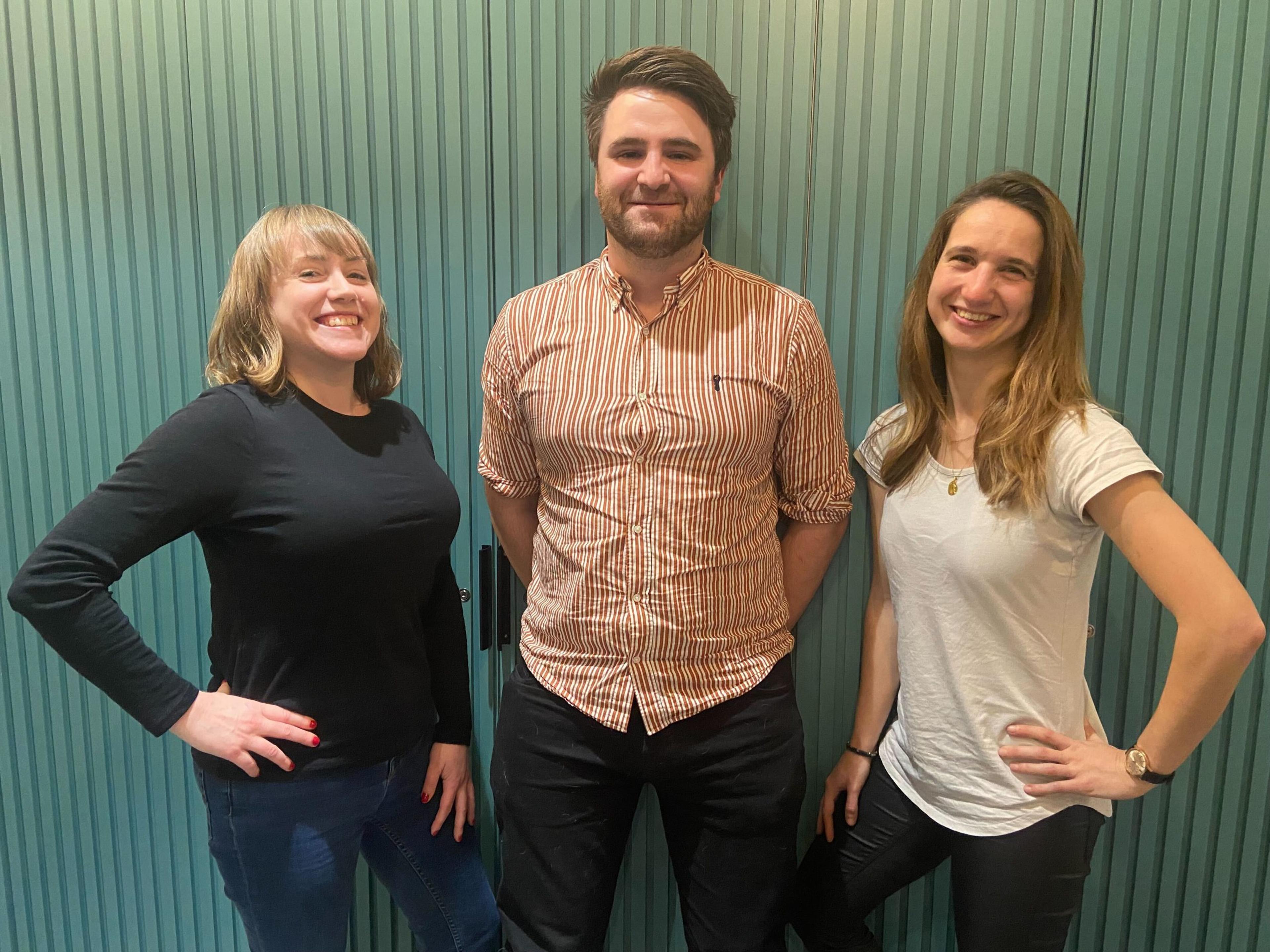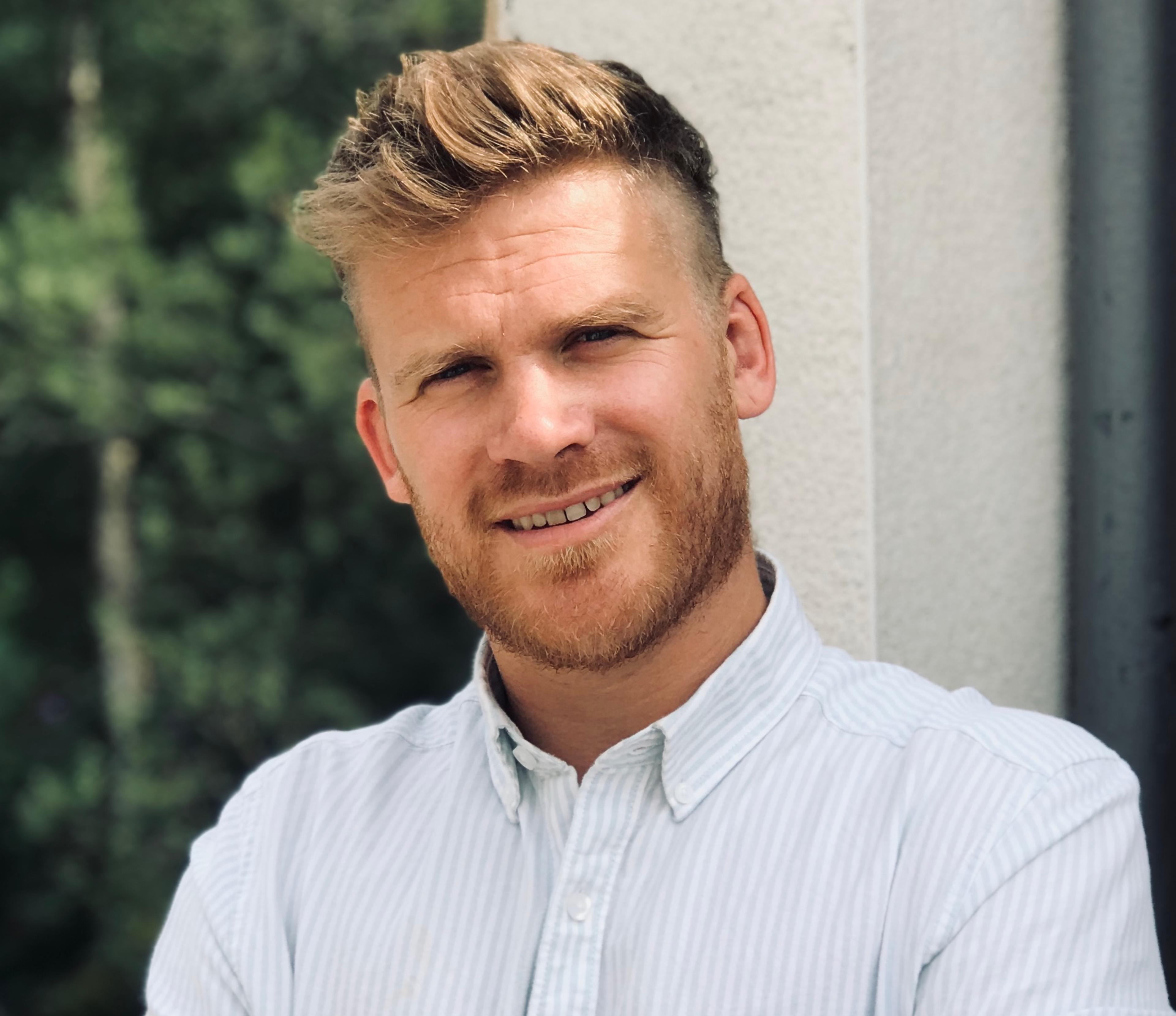Emilie Spire founder of Noala is on a mission to make speech and language therapy mainstream.

NEVERBLAND®
25.03.2022

Millions have speech, language and communication needs (SLCN). This term covers a wide range of issues that might affect someone’s ability to talk with others. After the pandemic, more children are having trouble communicating than before, and therapists are struggling to keep up with demand. Noala is a platform that could be pivotal to helping more people. Neverbland caught up with founder Emilie Spire.
Neverbland: What’s the main idea behind Noala?
Emilie Spire: At Noala we are on a mission to make speech and language therapy mainstream. And we believe that matters because communication forms the essence of human interaction.
NB: How does it work exactly?
ES: Noala is essentially a platform that makes speech, language and communication therapists’ jobs easier. Professionals can use our product to manage their whole practice. Noala allows them to run videoconferencing sessions, they can access a whole library of exercises to help patients. It also handles invoicing and admin so therapists can put more time and focus into helping people.
NB: What led you to the idea?
One of my nieces suffered from a stroke before she was born. As a baby she suffered from aphasia which affects communication. We were fortunate enough to get her access to a speech and language therapist. My family and I were amazed at the results. This person changed the life of my niece and my family. That was six to eight years ago, I was still working in tech, advising and building digital platforms. Then in March 2020, in the first lockdown the same therapist contacted me asking if I could help him use Skype to do his speech language therapy course. It was an ‘aha’ moment.
NB: Why does the world need Noala now?
ES: From dyslexia and language delay to strokes, SLCN is a widespread issue. There is so much demand and not enough therapists. In the UK for instance, you have 1.4m children who have a speech, language or communication need. You have 70m people who stutter worldwide. When you ask British adults who stutter, 70 percent say they feel the need to hide it.
NB: Does SLCN create any knock-on problems for people?
ES: All research papers show – especially with kids – that undiagnosed communication disorders can have long term impacts. People with these kinds of difficulties are four times less likely to pass their GCSE maths and English. Another striking stat is that 80 per cent of children with emotional and behavioural disorders have identifiable communication needs.
NB: How much is Noala about scaling services of therapists?
ES: If you go to the NHS and ask for speech and language therapy, there is a chance that you will be waiting three years. As much as speech and language therapists would love to do only one-to-one sessions, it is just not possible to address the problem with that method. We have built this platform to help them save time, so they can see more patients. But in the background we are building Noala to become a tool that helps more people become speech and language therapists.
NB: What’s next?
ES: After lockdowns, teachers across the UK reported a rise in speech problems among children between two and five years old. The lack of social interaction during that time held them back. I hope Noala can help undo the damage caused by the pandemic.



